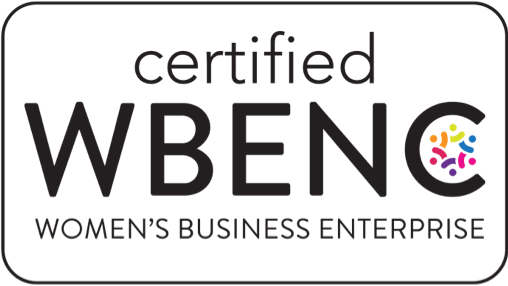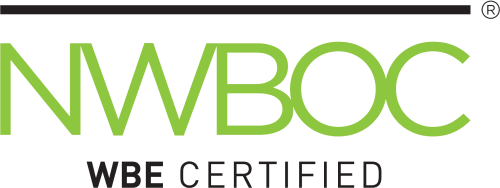Report
The state of corporate core values in America

By Melissa Jezior
The surge of high-profile corporate “bad behavior” incidents has been relentless in recent years. The fraud case against Elizabeth Holmes, founder of failed blood-testing startup Theranos, is set to go to trial next summer. Boeing faces questions that its problematic corporate culture played a role in recent crashes of its 737 MAX airliners. And General Electric faces accusations of a $38 billion accounting scandal from the whistleblower who sounded the alarm on the Bernard Madoff’s Ponzi scheme.
For those of us in the business of organizational culture, these scandals are an opportunity to ask questions and have meaningful discussions surrounding core values. That is, do organizational values really matter? Are employees genuinely engaged in the values? Are core values driving employee behavior and organizational performance? In the wake of the recent scandals, we commissioned a survey to better understand how employees view and interact with their company’s core values across the U.S.
Poll results
Our poll results are striking.
First, we found that nearly half—47 percent—of working age Americans say they do not know or are not sure about their company’s core values.

Source: Eagle Hill Consulting Survey on Core Values, 2016
Second, we found that among the employees that know their company’s core values, 89 percent said that the values indeed drive their behavior.

Source: Eagle Hill Consulting Survey on Core Values, 2016
Clearly, this is a mixed bag of bad and good news for companies.
The downside of the findings is that a big portion of the workforce is disconnected from employer core values. It’s problematic when employees report that they don’t know the core values. Ideally, core values drive all corporate behavior, culture, policies, etc. When employees say they don’t know the company core values, they are in essence saying there is not a shared ideal guiding their behavior. It can easily become the “wild west,” where each person decides for her/himself what is acceptable. As you can imagine, this leaves an organization vulnerable to crisis.
On the upside, the findings present strong evidence that awareness of values directly impacts employee behavior. This means that the challenge for employers is to embed core values into the DNA of their employees and their culture so that values-based behavior becomes automatic.
Core values: from what to how
It’s not enough, though, to hand employees a copy of the values statement during their on-boarding, send out emails on the values, or cheerlead about the company values at an annual meeting. Instead, organizations need an ongoing multifaceted dialogue with employees that moves beyond simplistic communications about the “what” of the values to a discussion on “how” employees deliver on the company values.
Three key tactics to embed core values in your organization
But how is such values-based engagement accomplished? Here are three simple tactics we’ve found effective at Eagle Hill:
1. Start the values conversation BEFORE hiring.
The recruiting process is where the values dialogue should begin. Building a values-based company means hiring the right people—employees with personal values that align with your corporate values—from the beginning.
How? Start by identifying interview questions related to your culture and core values. Then, ask all recruits the same values-related questions and evaluate each candidate against the same rubric. This is a proven approach to effectively determine if a candidate is likely to align naturally with your values and culture.
2. Lead the way.
Values come from the top. Period. So it’s vitally important that your company leadership establish the values, have an ongoing dialogue with employees about values, and visibly live the values in both words and action.
How? In today’s world, there are new ways for leaders to engage with employees on values. For example, Eagle Hill leverages internal social media (ISM) to seed the values dialogue. We established our ISM to serve as an “up and down” communication tool. It started with a commitment from leadership to use the tool regularly to highlight employee behaviors that embody our core values. Over time, it’s caught fire with all employees and now peers are recognizing peers for core value behaviors, and even junior staff are recognizing people all the way up to the CEO. It’s become a living breathing re-enforcement of what we value most at Eagle Hill.
3. Measure it.
At a macro level, the best way to understand if values are driving your business and corresponding behaviors is to ask employees. This is more than just a “test” that asks employs to parrot back the core values. Instead, engage employees on what is happening on the ground when it comes to delivering on the core values.
How? One way to listen is to survey your employees on a regular basis where employees can be anonymous. At Eagle Hill, we conduct a bi-annual company survey to evaluate how well we are delivering on our core values at each level. We share the results broadly and loudly across the entire company, and use the results to pinpoint areas where we do things well and expose what needs improvement. Importantly, we engage all employees for ideas on how to improve, we communicate the improvement plans, and we share progress.
Bottom line
Core values must be the heart and soul of any organization. And when those values are what make your employees tick every moment they are working, the result will be a company that consistently delivers on its mission and goals.

